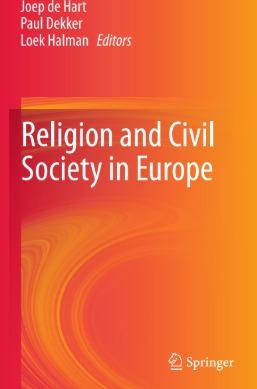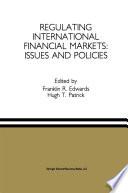Franklin R. Edwards Hugh T. Patrick As the 19908 unfold, we stand on the threshold of a new age of global financial markets. The seeminglyinevitable, market-driven dynamicofthe international integration of banking, securities, and futures markets is bringing about a profound transformation of financial flows and the efficiency and effectiveness of the domestic and international markets serving them. Propelled in the 1980s by a variety offorces-technological, economic, political, and (de)regulatory-the implications of international financial market integration are pervasive. This new era promises to raise a host of new public and business policy issues as well as opportunities. These include issues of financial market integrity, international competitiveness, and regulatory harmony. What will the rules of the game be? How will prudential concerns for the safety as well as the efficiency of international financial markets, and their national counterparts, be met? What are the appropriate new institutional arrangements? How and to what degree will international financial mar kets be supervised, harmonized, and regulated, and for what purposes? Whowill be makingthese decisions andimplementingthem?Thesearethe issues that confront-and bedevil-policymakers, practitioners, and scho lars alike. 1 2 INTRODUcnON The Context The 1980s were witness to major transformations of the international political, economic, andfinancial environment. Amongthe majordevelop ments was rapidly increasing international financial market integration across major nations and across financial product markets. The major sources of financial change were several, interrelated, and reinforcing.
What will the rules of the game be? How will prudential concerns for the safety as well as the efficiency of international financial markets, and their national counterparts, be met? What are the appropriate new institutional arrangements?










